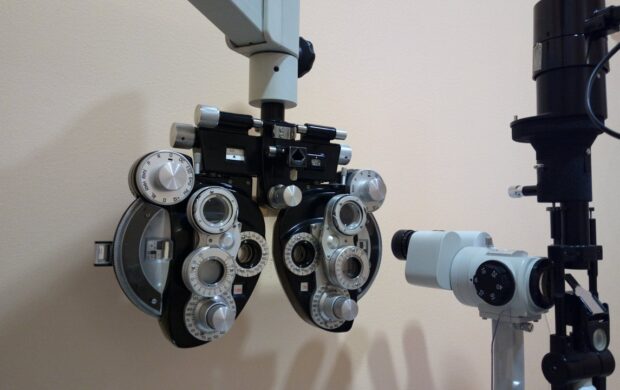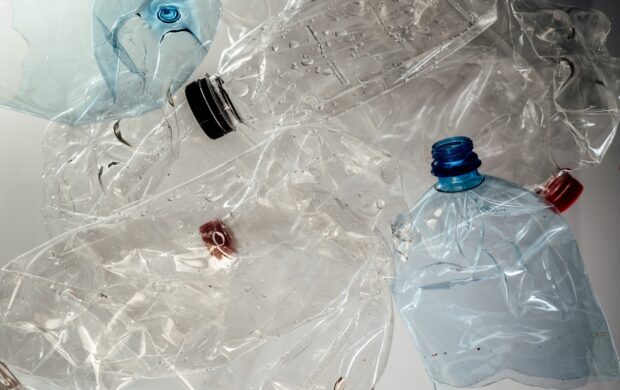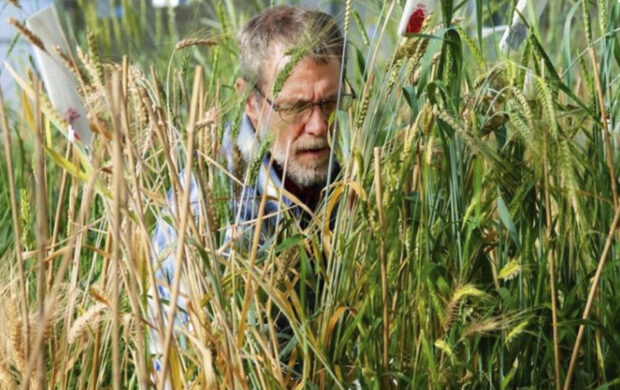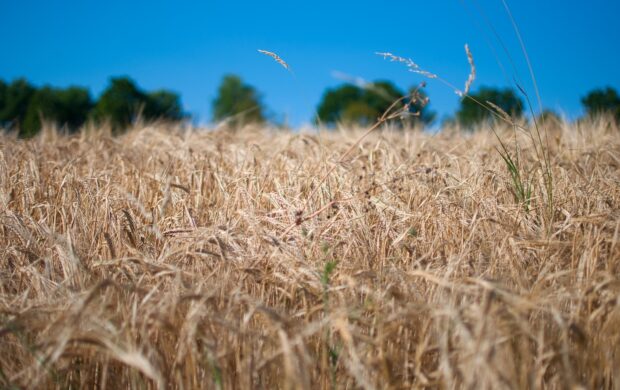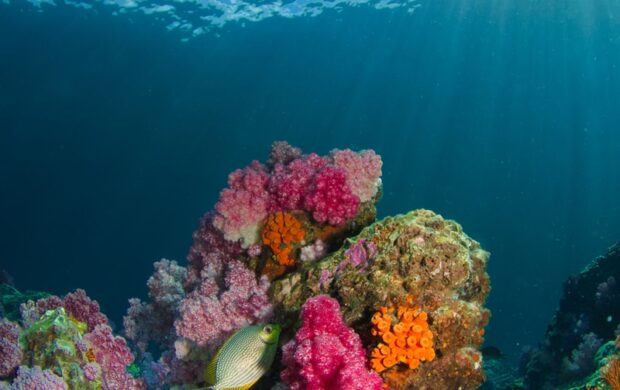New research published by the Royal Society [of London for Improving Natural Knowledge] suggests that emerging infectious diseases (EIDs) are spreading and diversifying due to climate change. Climate change is causing organisms to leave their native ranges at an unprecedented rate and move to new areas in search of more hospitable habitats. Here they may be exposed to infection by new pathogens to which they have no resistance. The switching of EIDs to these new hosts results in crossover diseases that we have never before encountered.
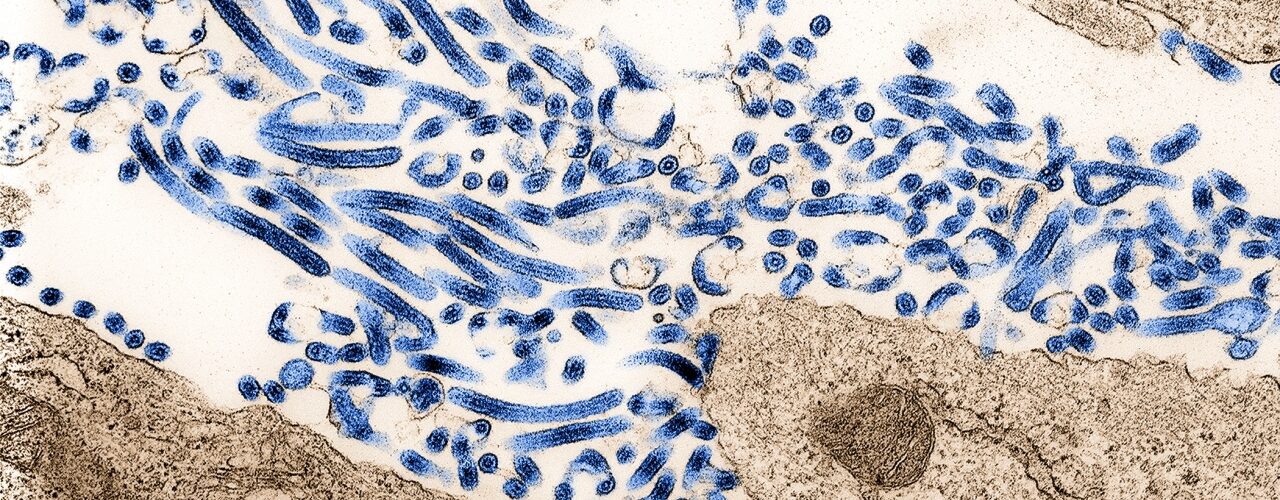
The most famous example of this is the recent Ebola outbreak, triggered by humans moving into new landscapes and being exposed to the fruit bat virus. However, the danger is not just in human illness. All species that we depend on, such as crops and livestock, are likely to be susceptible to unforeseen diseases in the next 35 to 50 years. Such outbreaks are already emerging, for example the Brazilian mangrove land crab population has been almost eliminated in recent years by a fungus, hitting local coastal communities hard who rely on it as a food source and cash crop.
Image: NIAID / Flickr

